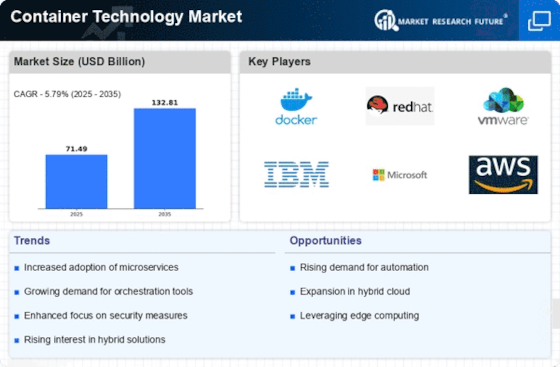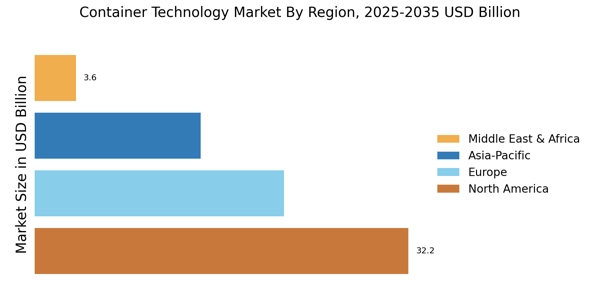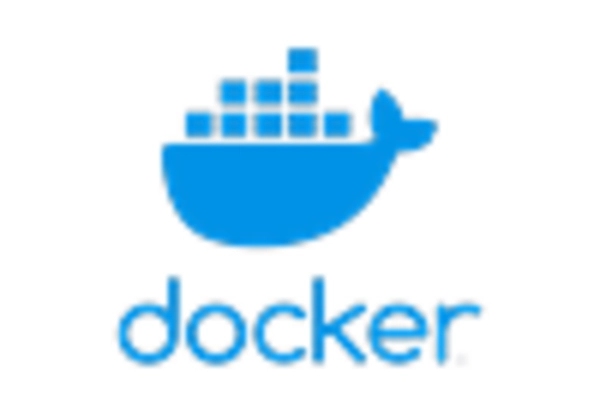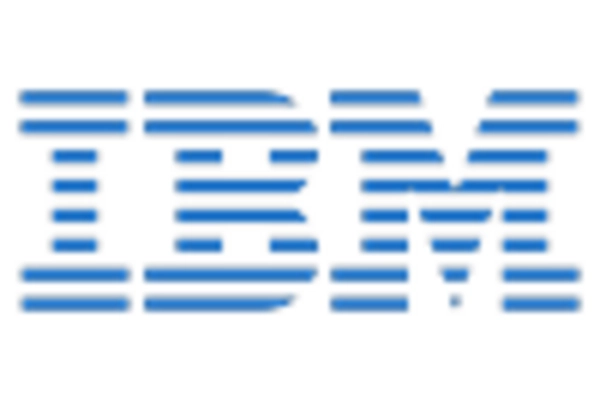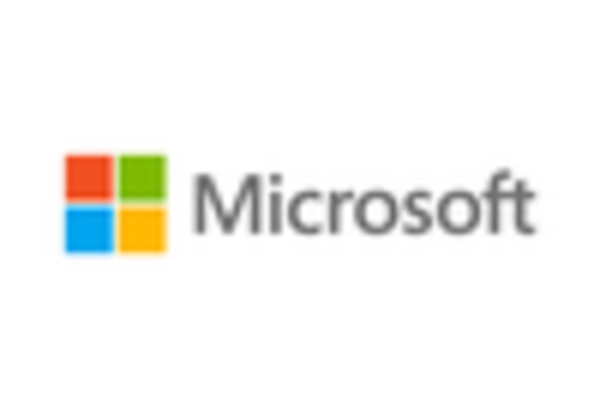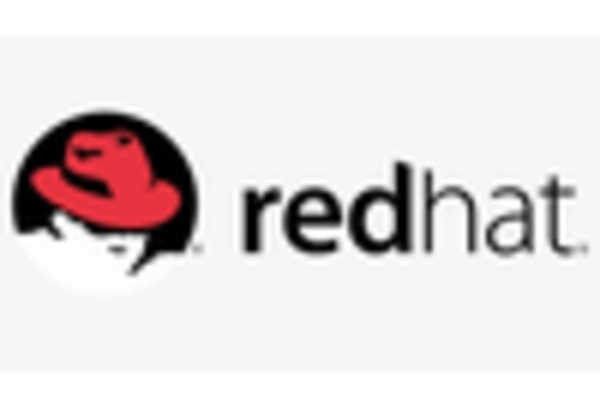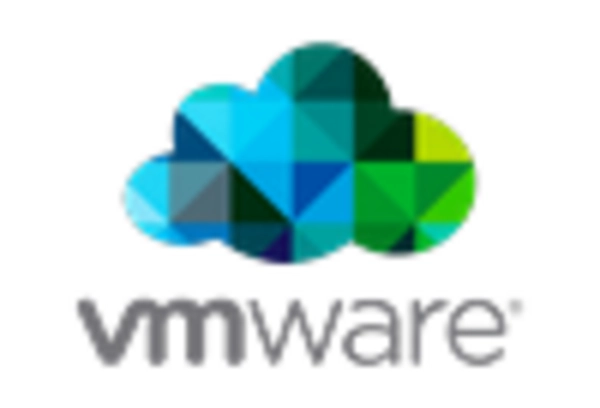Emergence of Edge Computing
The Container Technology Market is poised for growth due to the emergence of edge computing, which decentralizes data processing and storage closer to the source of data generation. This paradigm shift necessitates the use of container technology to deploy applications at the edge efficiently. As industries such as manufacturing and telecommunications adopt edge computing solutions, the demand for lightweight, portable containers is likely to increase. Analysts predict that the edge computing market could surpass 15 billion dollars by 2025, indicating a significant opportunity for container technology to support the deployment of applications in diverse and distributed environments.
Increased Focus on DevOps Practices
The Container Technology Market is significantly influenced by the growing emphasis on DevOps practices, which aim to unify software development and operations. By leveraging container technology, organizations can streamline their development pipelines, enhance collaboration, and improve deployment frequency. The integration of containers into DevOps workflows allows for consistent environments across development, testing, and production stages. Recent data suggests that companies adopting DevOps practices experience a 30% increase in deployment success rates. This trend underscores the potential for container technology to play a pivotal role in enabling organizations to achieve faster time-to-market and improved operational efficiency.
Expansion of Cloud Computing Services
The Container Technology Market is benefiting from the rapid expansion of cloud computing services, which provide scalable and flexible infrastructure for deploying containerized applications. As businesses increasingly migrate to the cloud, the demand for container orchestration tools and services is likely to rise. Market Research Future indicates that the cloud computing sector is expected to reach a valuation of over 800 billion dollars by 2025. This growth presents a substantial opportunity for container technology providers to offer solutions that enhance the management and orchestration of containers in cloud environments, thereby meeting the needs of organizations seeking to optimize their cloud strategies.
Growing Need for Enhanced Security Solutions
The Container Technology Market is witnessing a heightened focus on security solutions as organizations recognize the vulnerabilities associated with containerized applications. As cyber threats evolve, the demand for robust security measures, including vulnerability scanning and runtime protection, is increasing. Research indicates that nearly 70% of organizations consider security a top priority in their container adoption strategies. This trend suggests that container technology providers must prioritize security features in their offerings to address the concerns of enterprises looking to safeguard their applications and data in a containerized environment.
Rising Demand for Microservices Architecture
The Container Technology Market is experiencing a notable shift towards microservices architecture, which allows organizations to develop applications as a suite of small services. This architectural style enhances flexibility and scalability, enabling businesses to respond swiftly to market changes. As enterprises increasingly adopt microservices, the demand for container technology rises, facilitating the deployment and management of these services. According to industry estimates, the microservices market is projected to grow at a compound annual growth rate of over 20% in the coming years. This trend indicates a robust opportunity for container technology providers to cater to the evolving needs of businesses seeking agility and efficiency in their software development processes.


